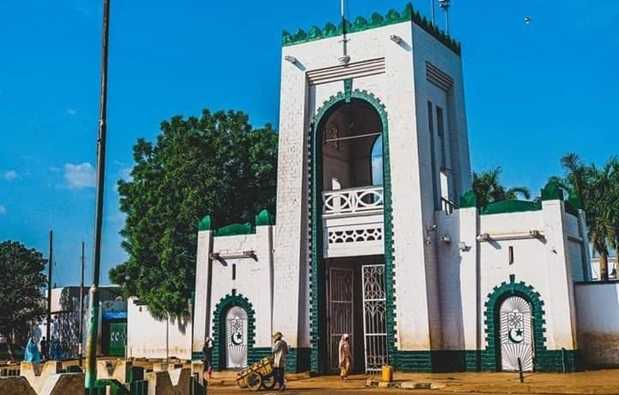
Sokoto State, nestled in northwestern Nigeria, stands as a bastion of rich history, cultural heritage, and Islamic tradition. Revered as the seat of the renowned Sokoto Caliphate, established by the esteemed Usman dan Fodio in the early 19th century, the state holds a special place in Nigeria's historical narrative.
At the core of Sokoto State's identity lies its deep-rooted Islamic culture, which permeates every aspect of daily life. The predominantly Hausa-Fulani population embraces Islamic principles and traditions, shaping the state's societal norms, customs, and values. From the iconic mosques and madrasas that dot the landscape to the melodic calls to prayer that echo through the streets, Sokoto State serves as a vibrant center of Islamic scholarship and spirituality.
While Sokoto State's rich history and cultural heritage are prominent features of its identity, agriculture also plays a significant role in shaping its economy and livelihoods. The state's fertile lands, nourished by the waters of the Sokoto River and its tributaries, support a variety of agricultural activities, including the cultivation of crops such as millet, sorghum, maize, and rice. Livestock farming, particularly cattle rearing, is also a common practice among the Hausa-Fulani communities, further contributing to the state's agricultural output.
In recent years, Sokoto State has embarked on various agricultural initiatives and development projects aimed at enhancing productivity, improving food security, and empowering rural farmers. These efforts include the establishment of irrigation schemes, the distribution of improved seed varieties, and the provision of extension services to support smallholder farmers.
As Sokoto State continues to honor its rich history, celebrate its cultural heritage, and embrace its Islamic traditions, it remains committed to fostering sustainable agricultural practices and promoting economic growth and prosperity for its residents. With its fertile lands, vibrant communities, and enduring spirit of resilience, Sokoto State stands as a shining example of Nigeria's diverse cultural tapestry and agricultural potential.

- Capital Sokoto
- Country Nigeria
- Created
- Population 5600000
- Official Languages Hausa, Fulfulde
- Ethnic Groups Hausa, Fulani, Zabarma, Tuareg
- Land Area 32
- Postal Code 840001



